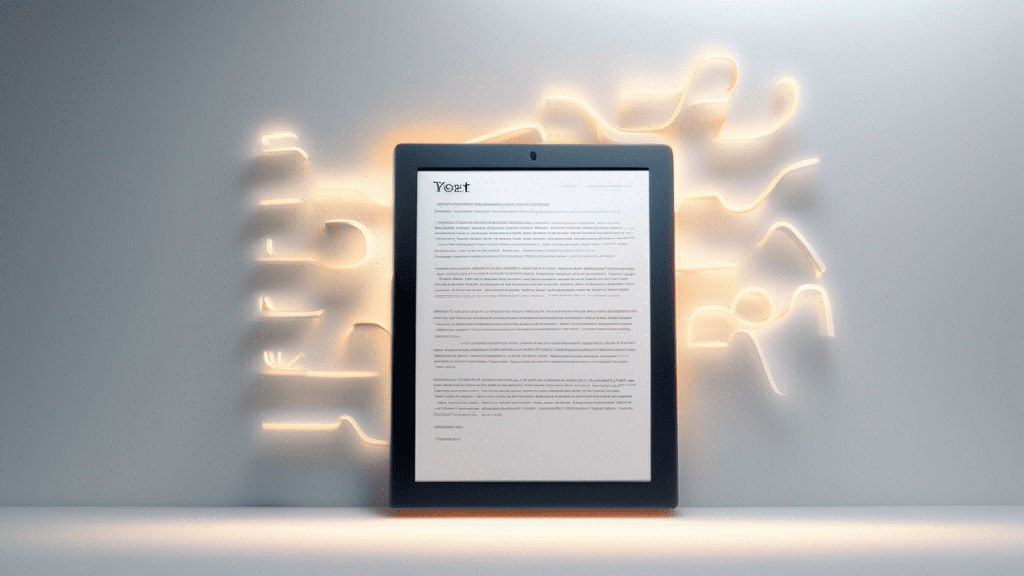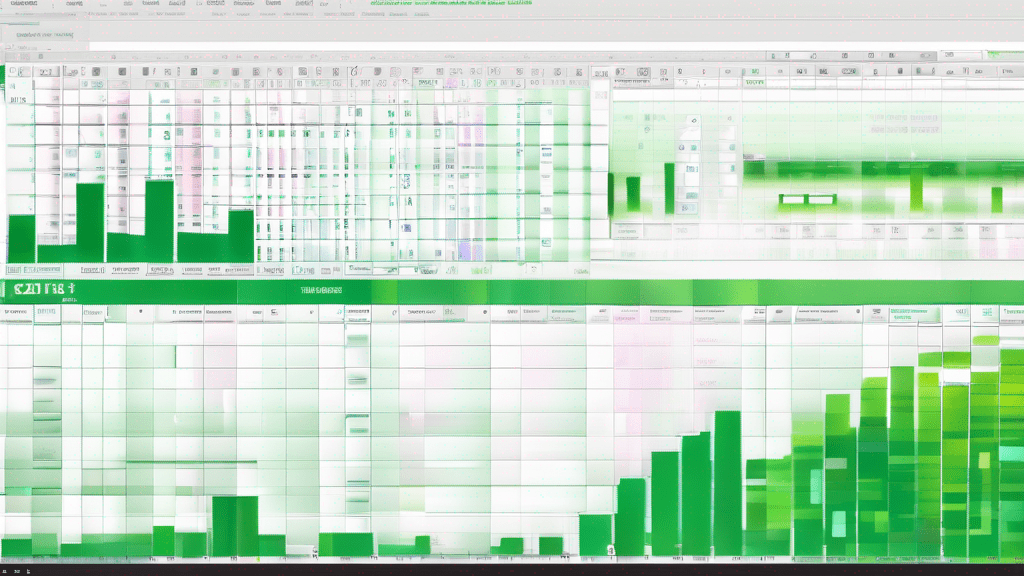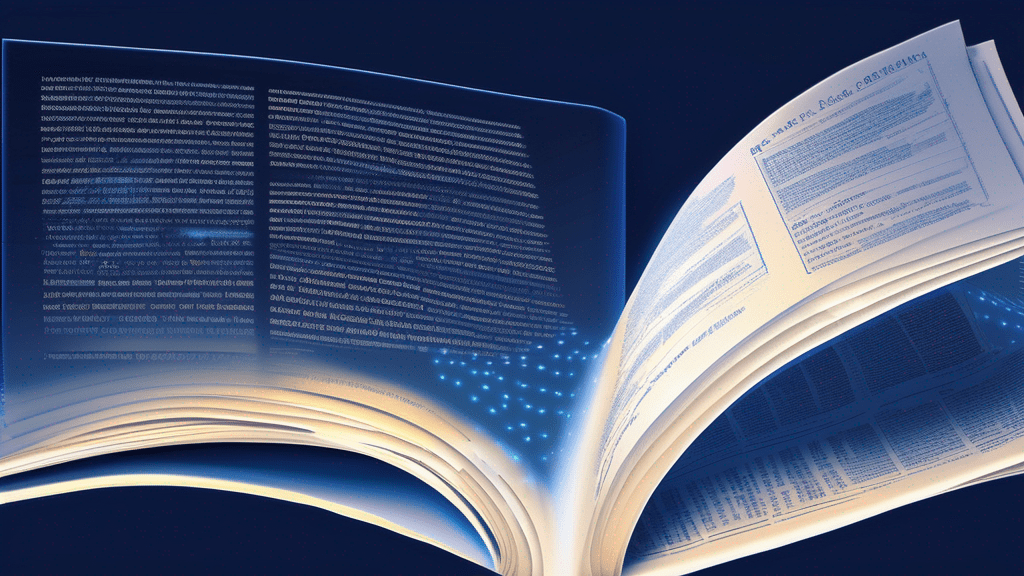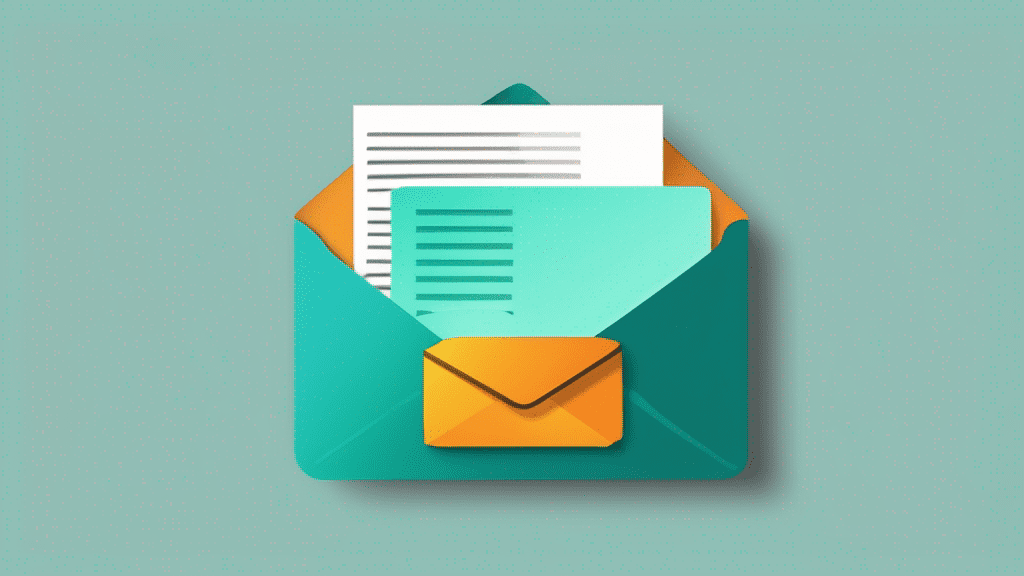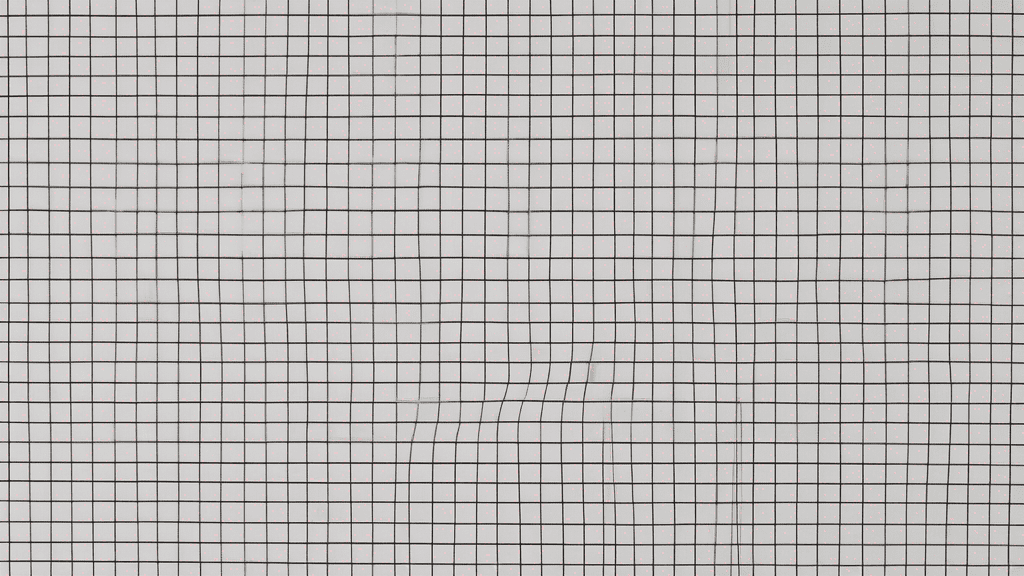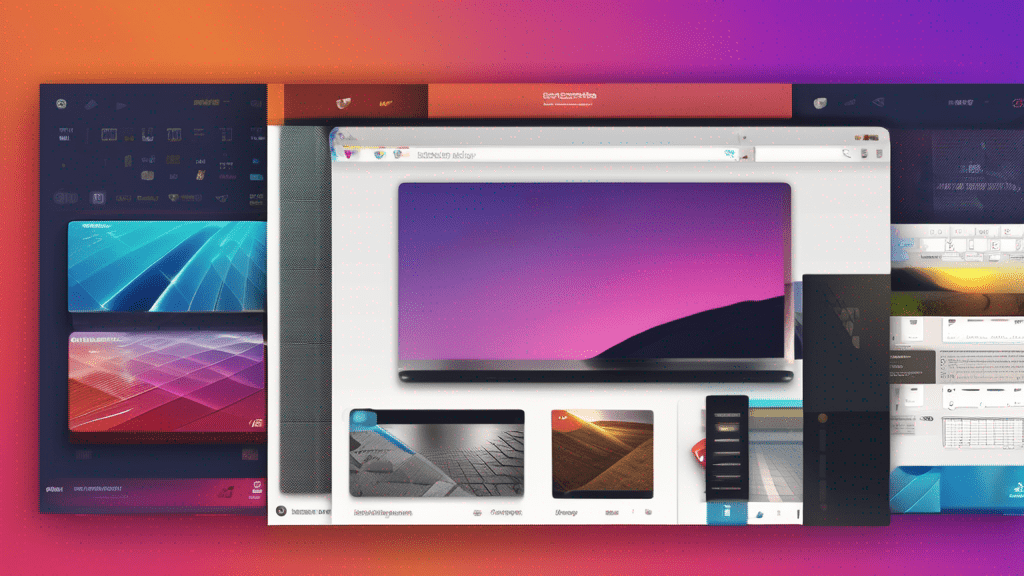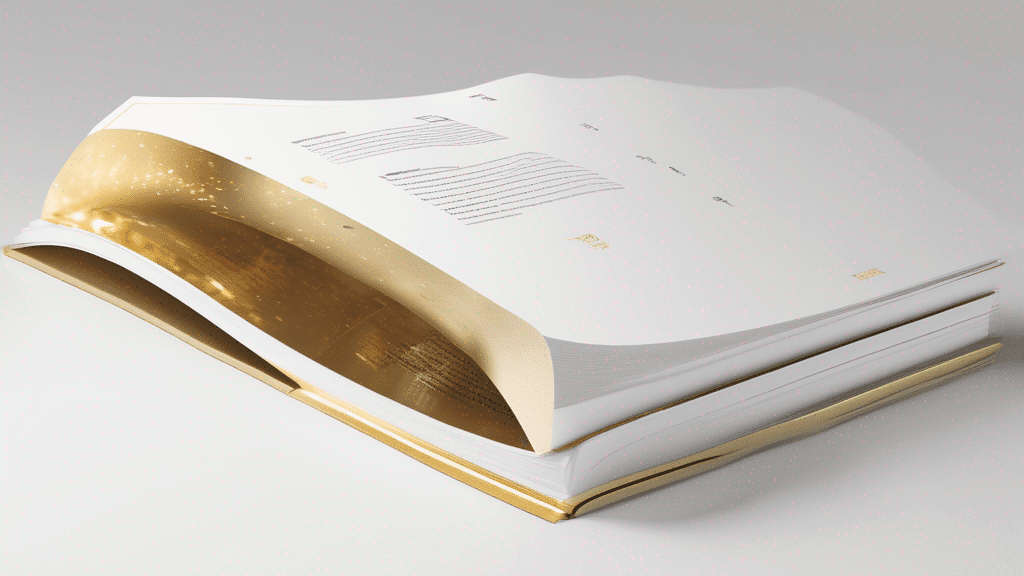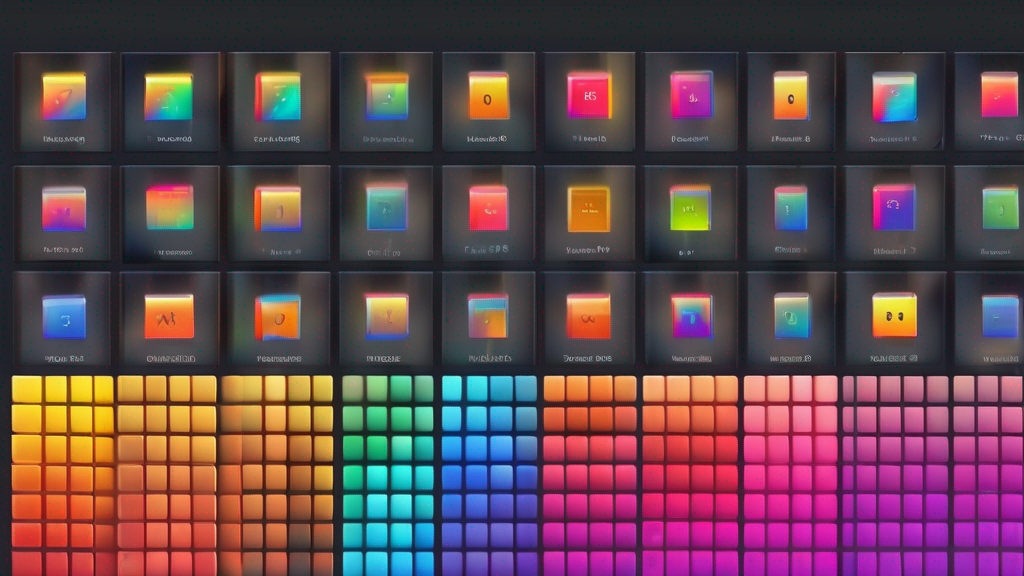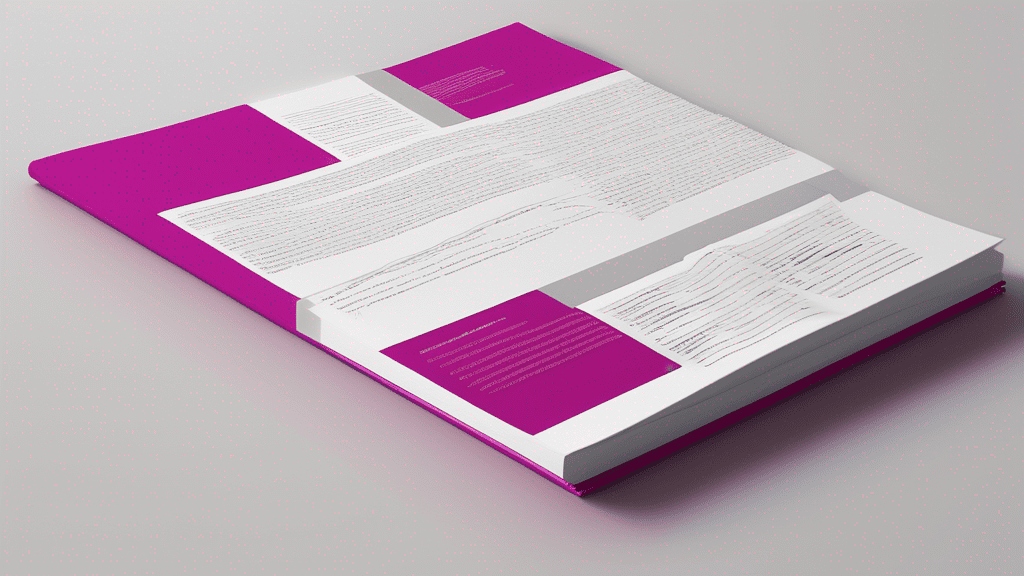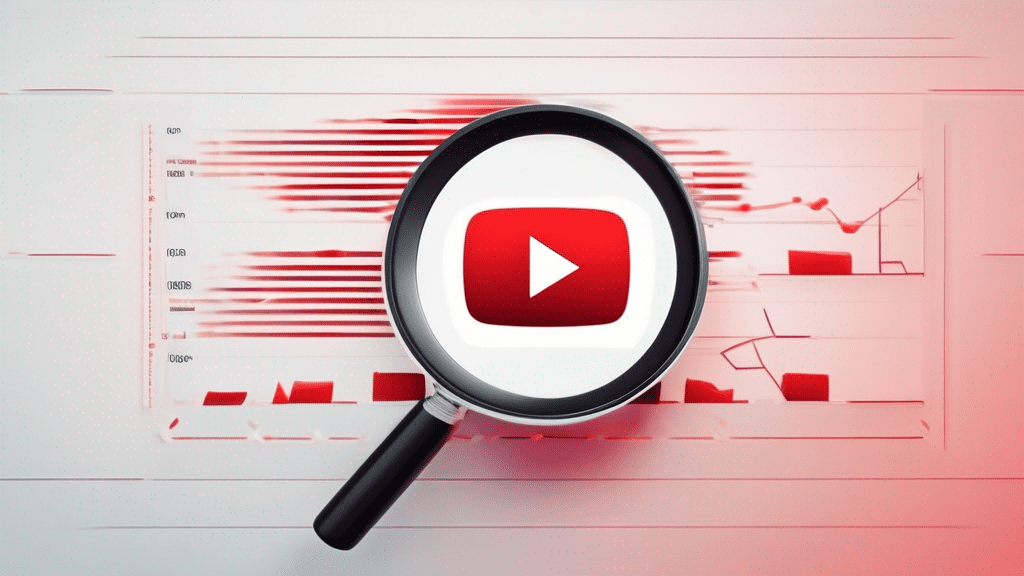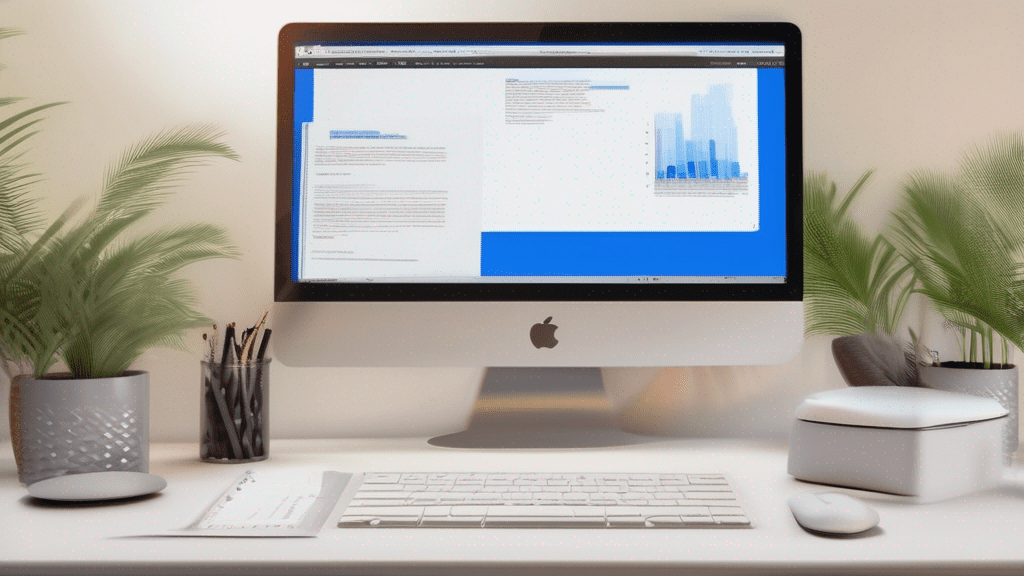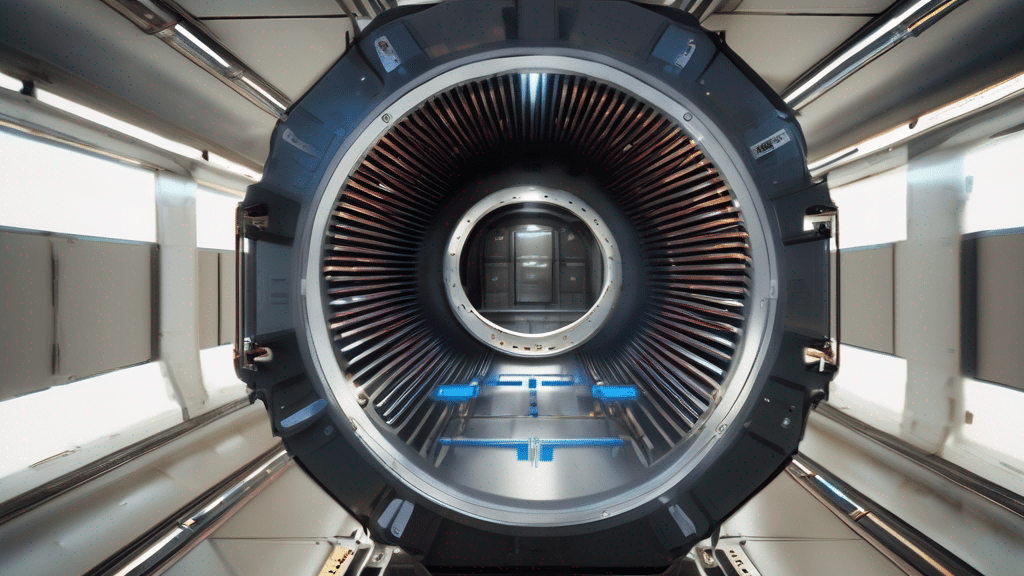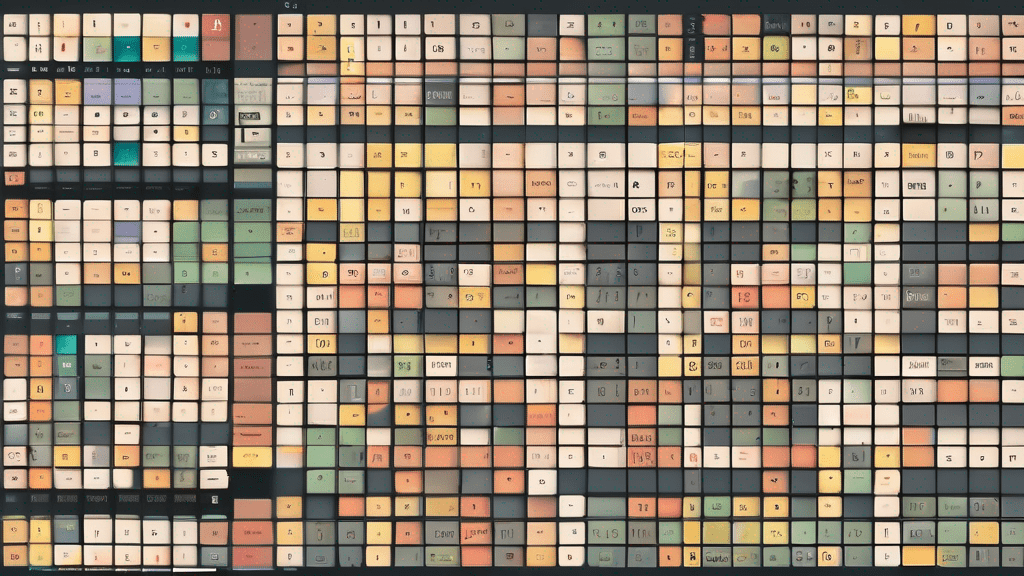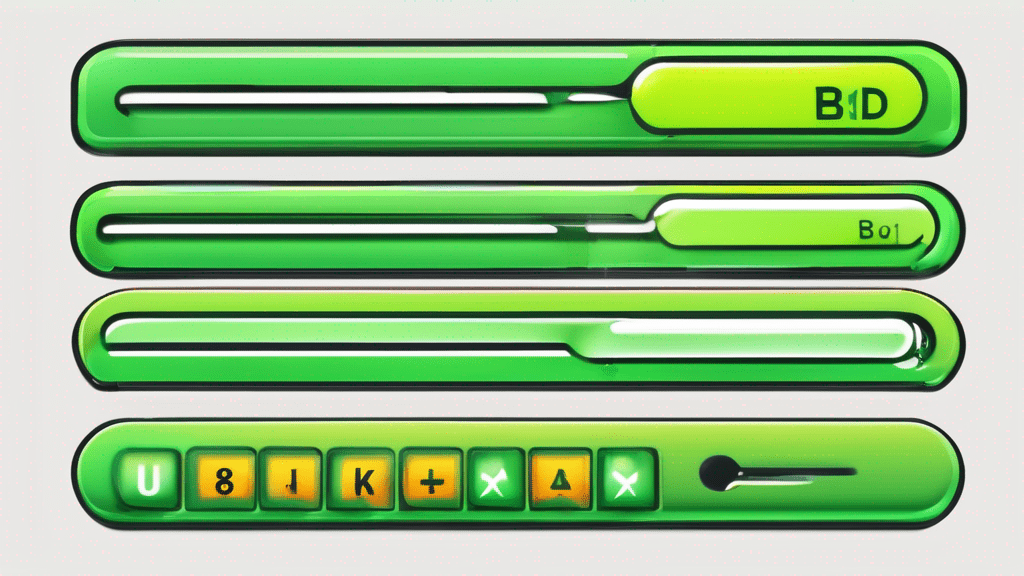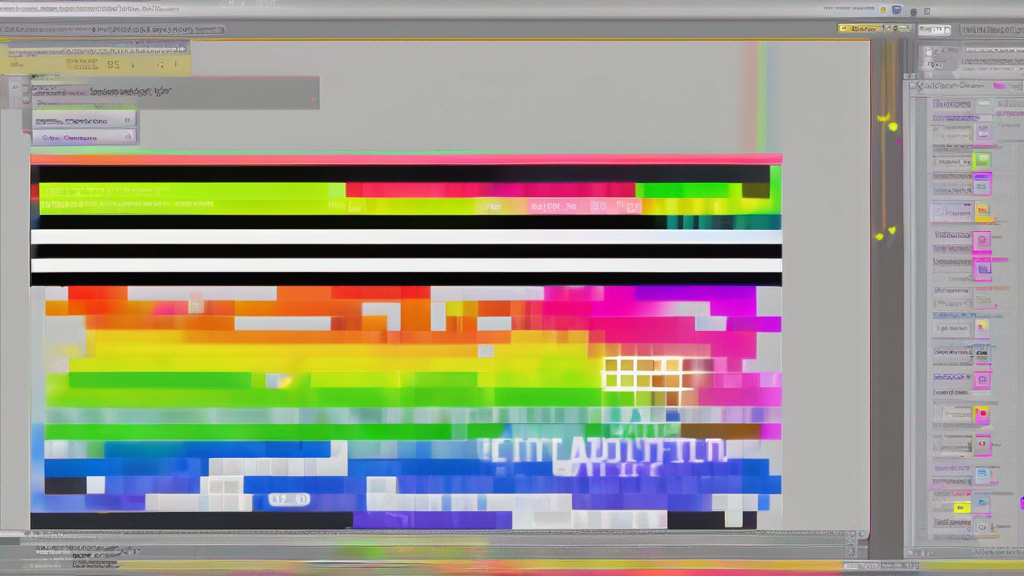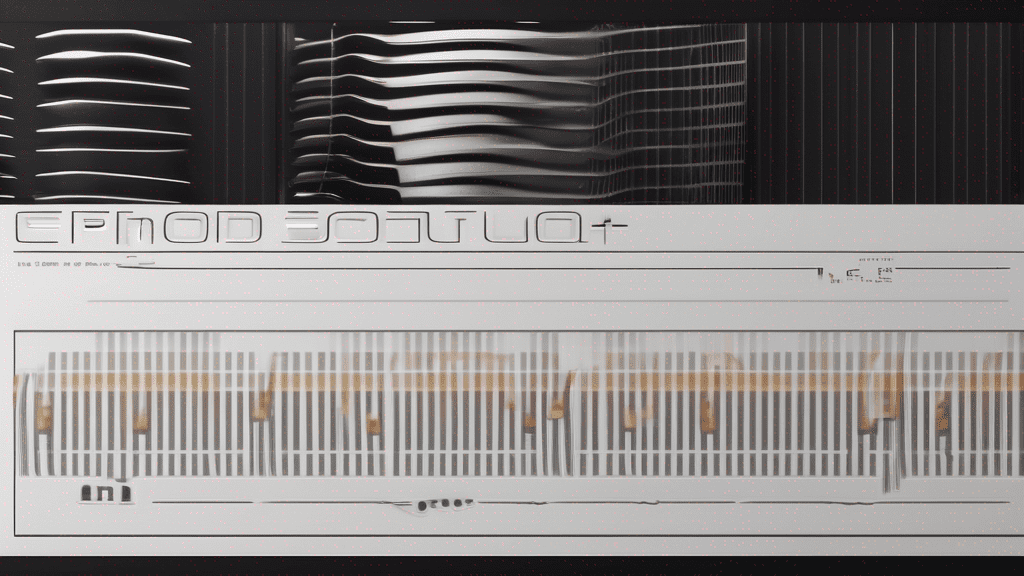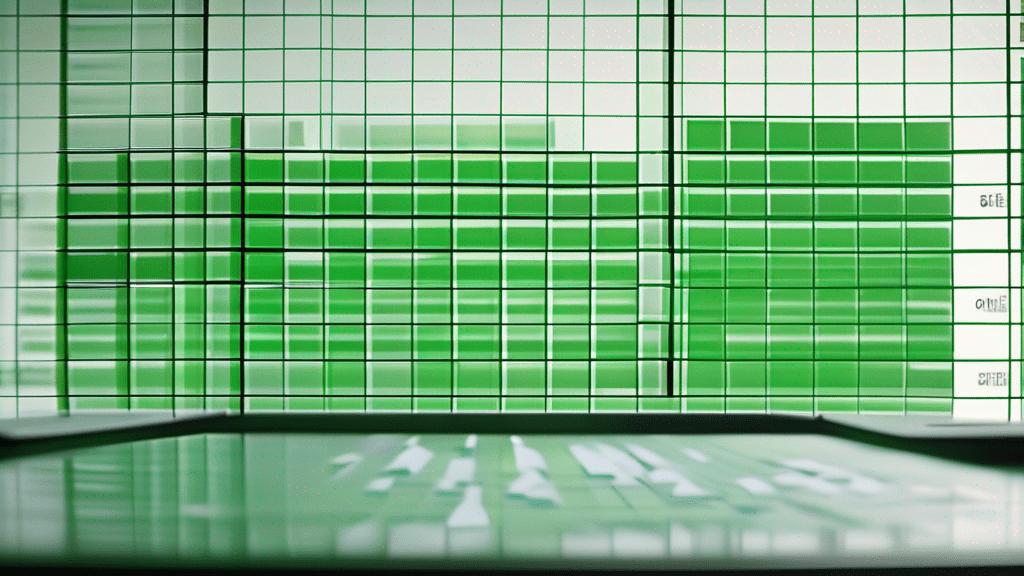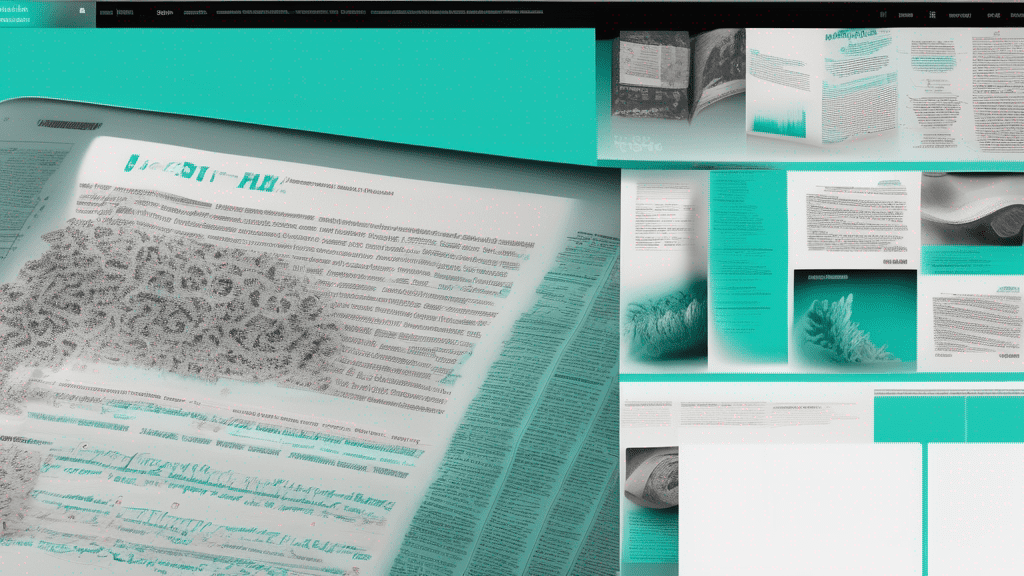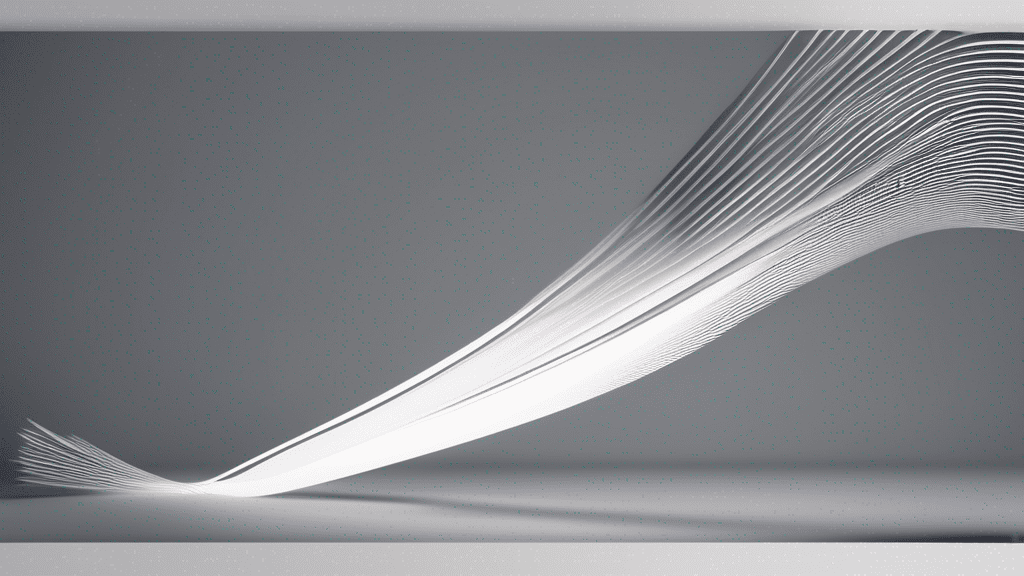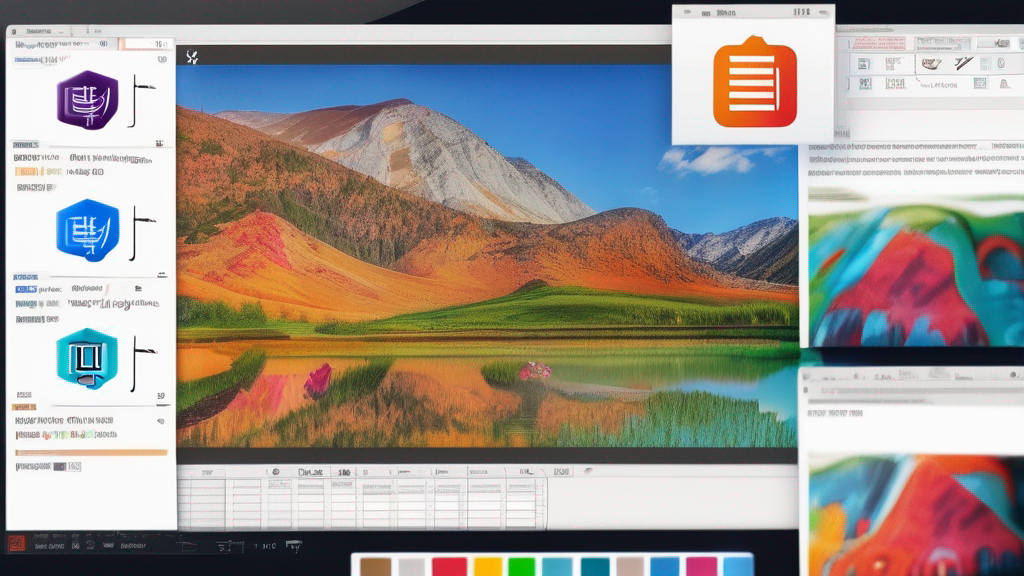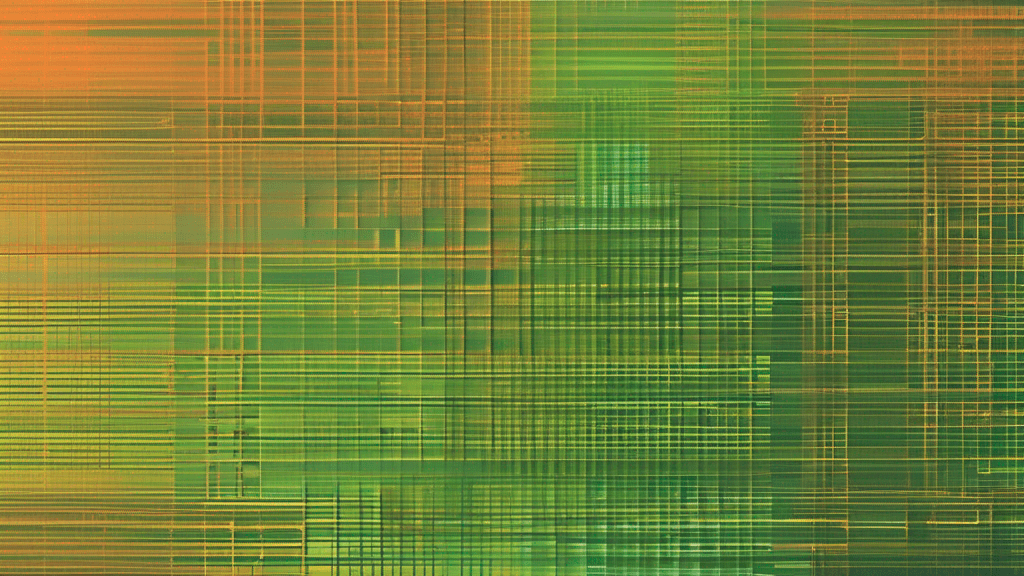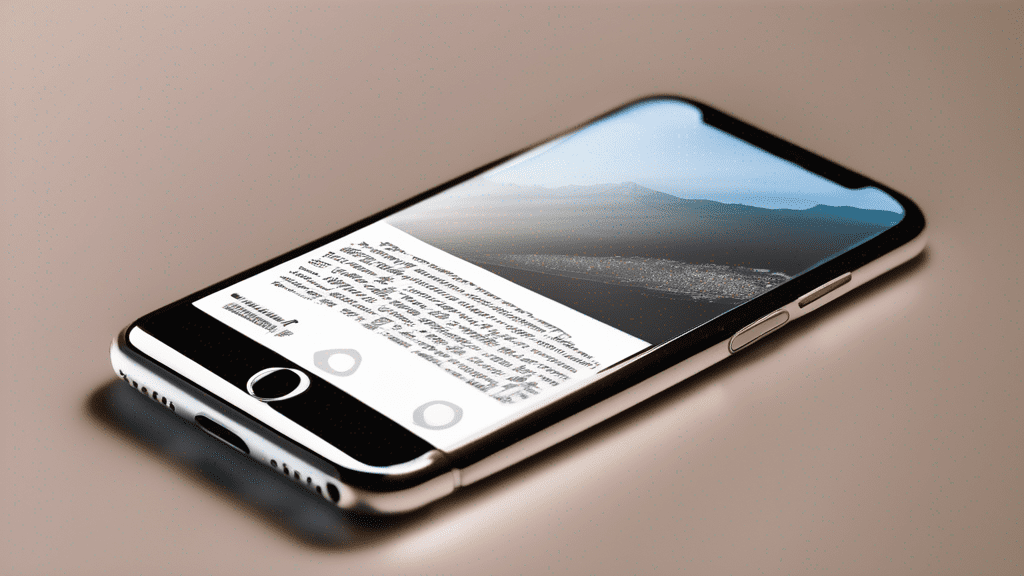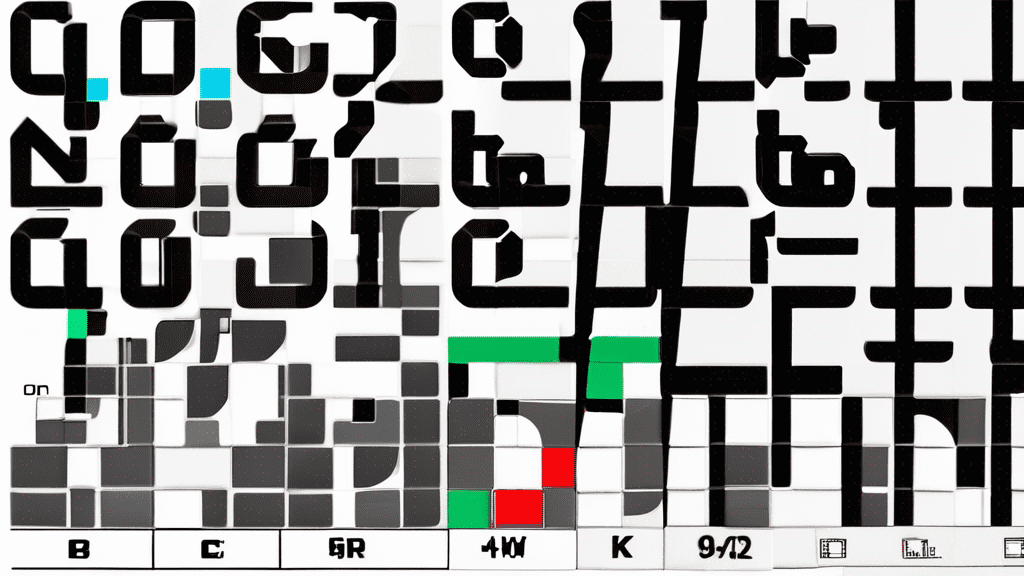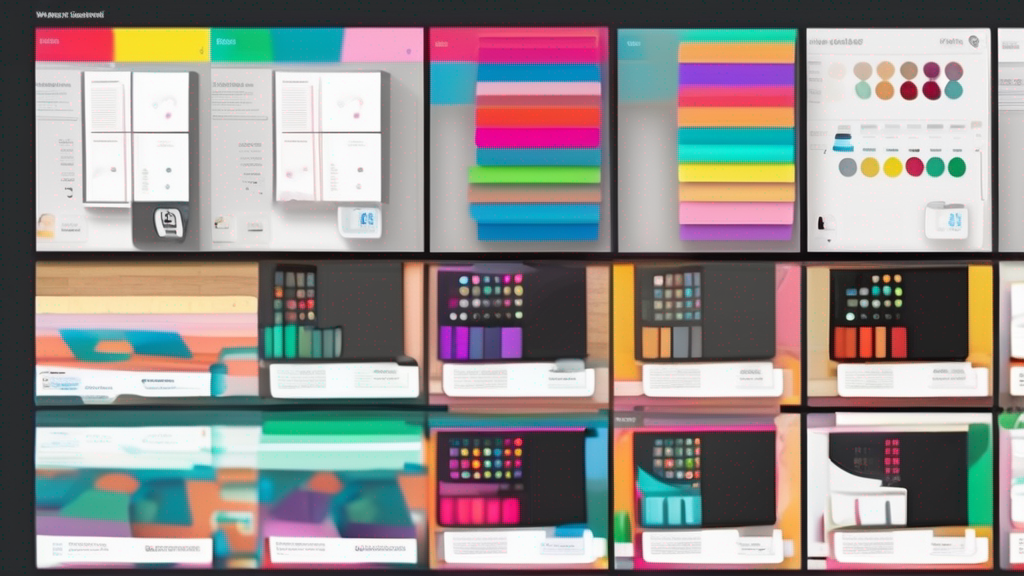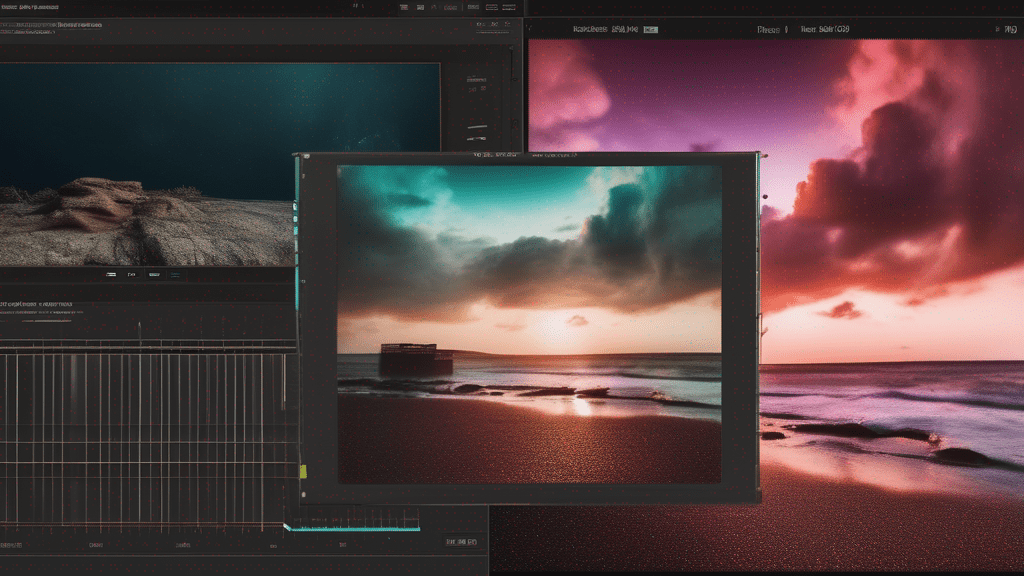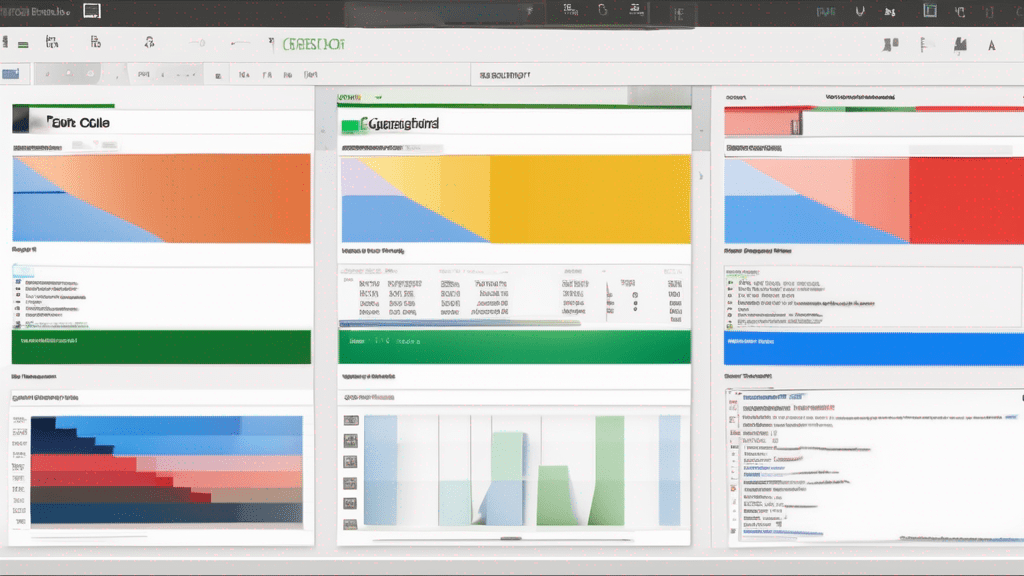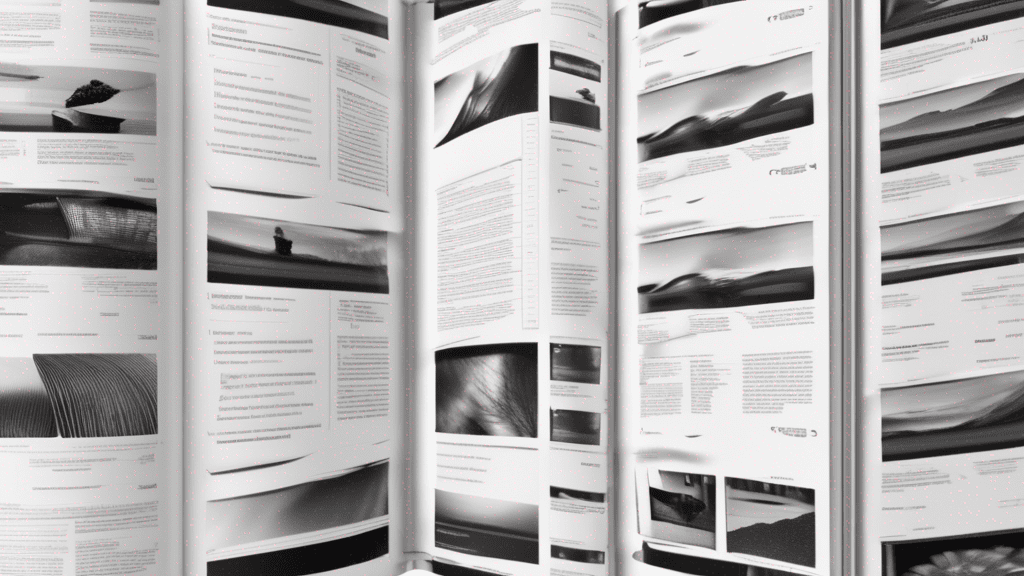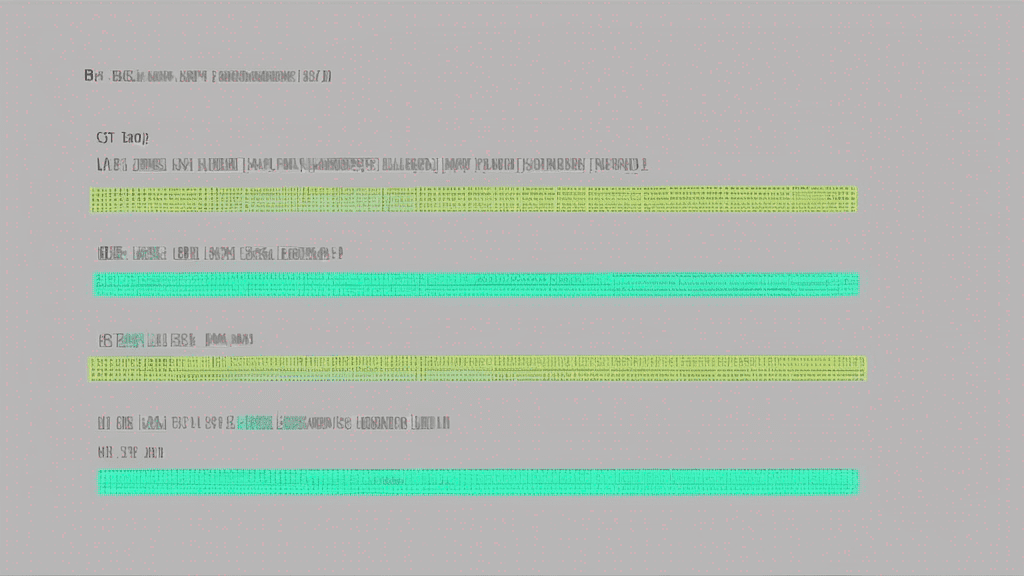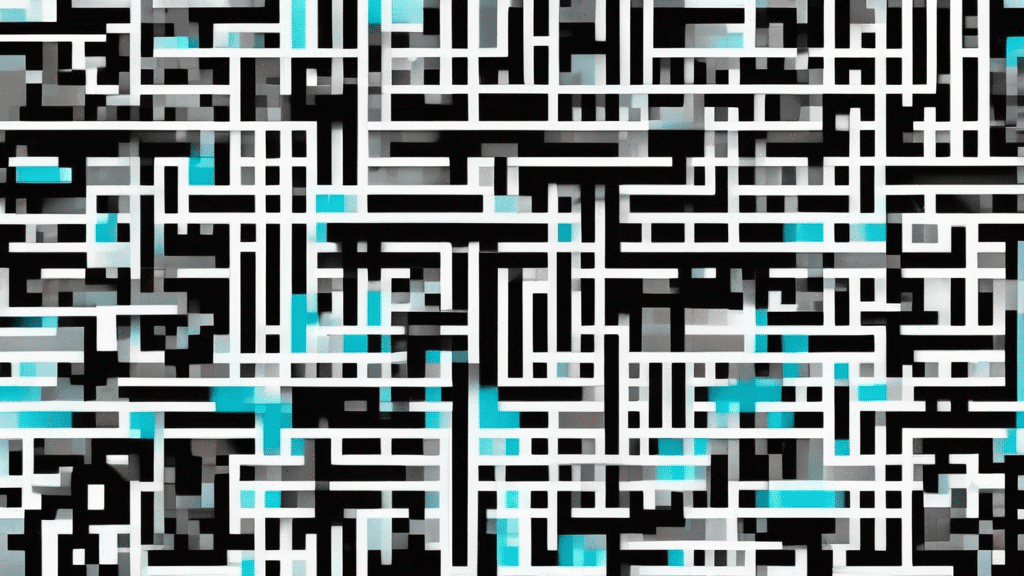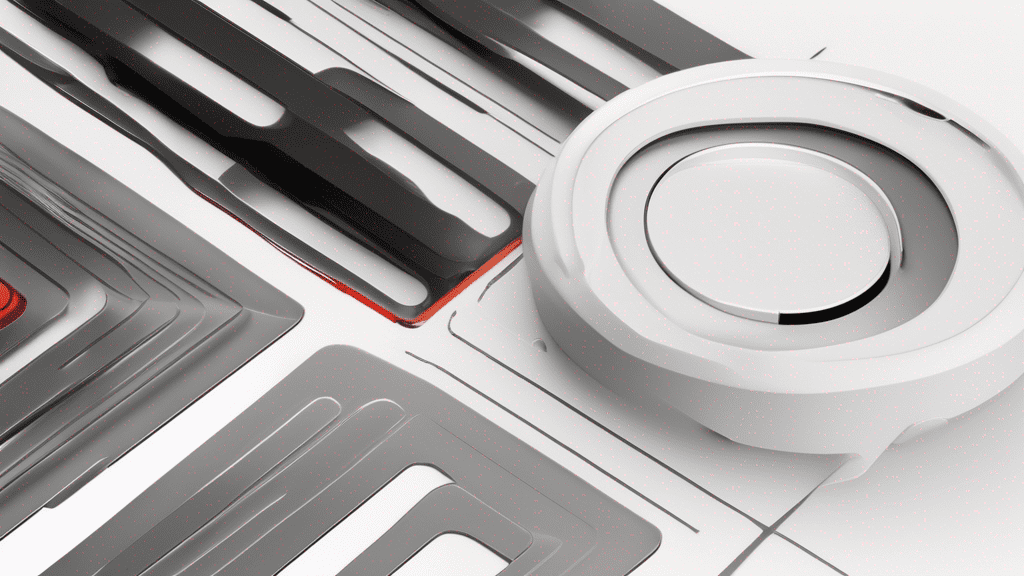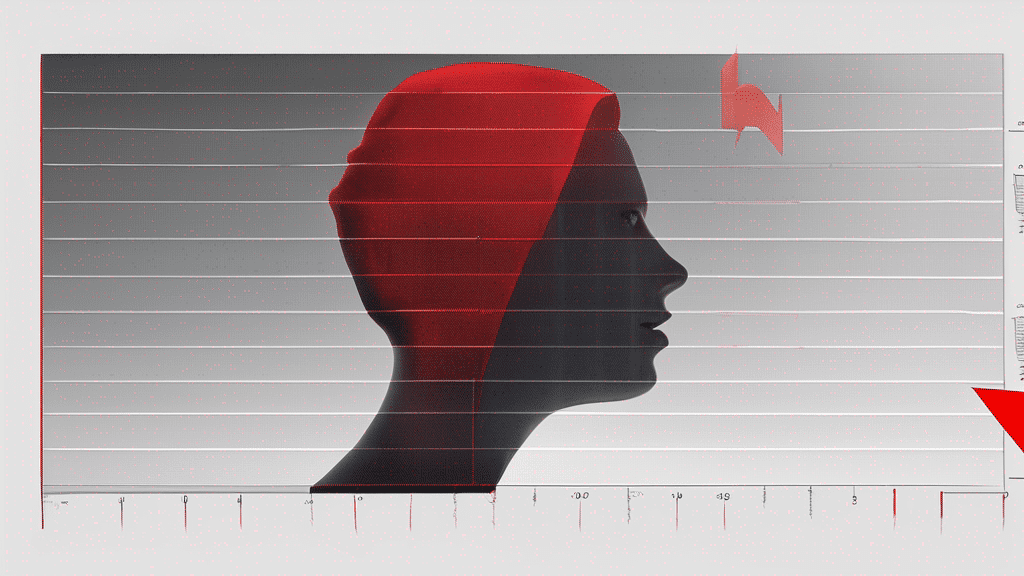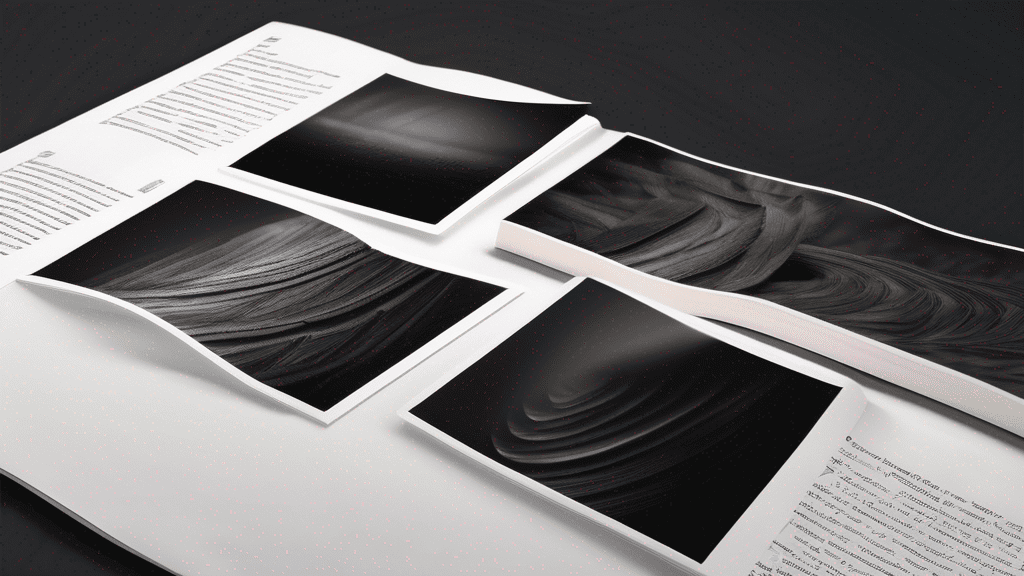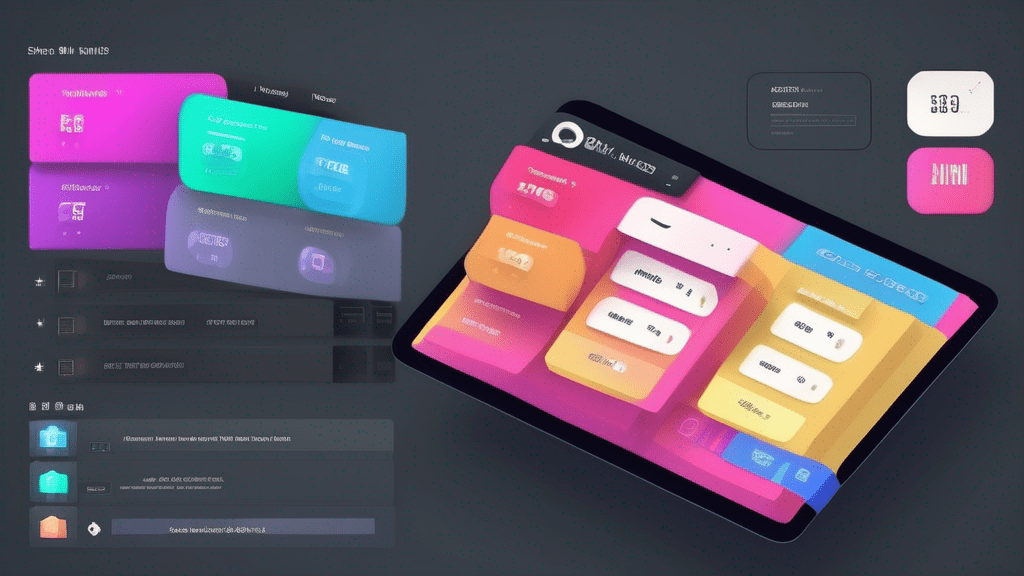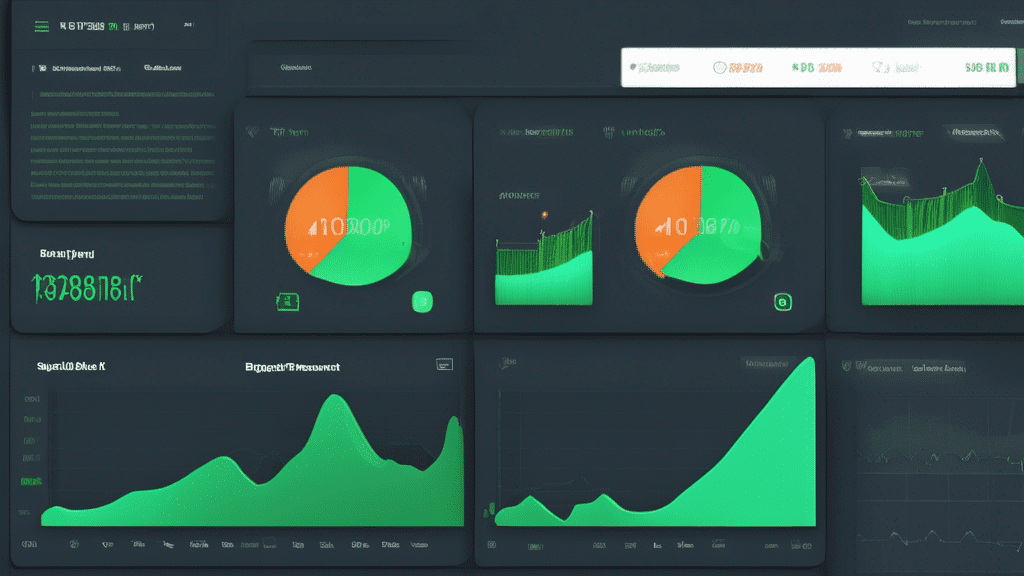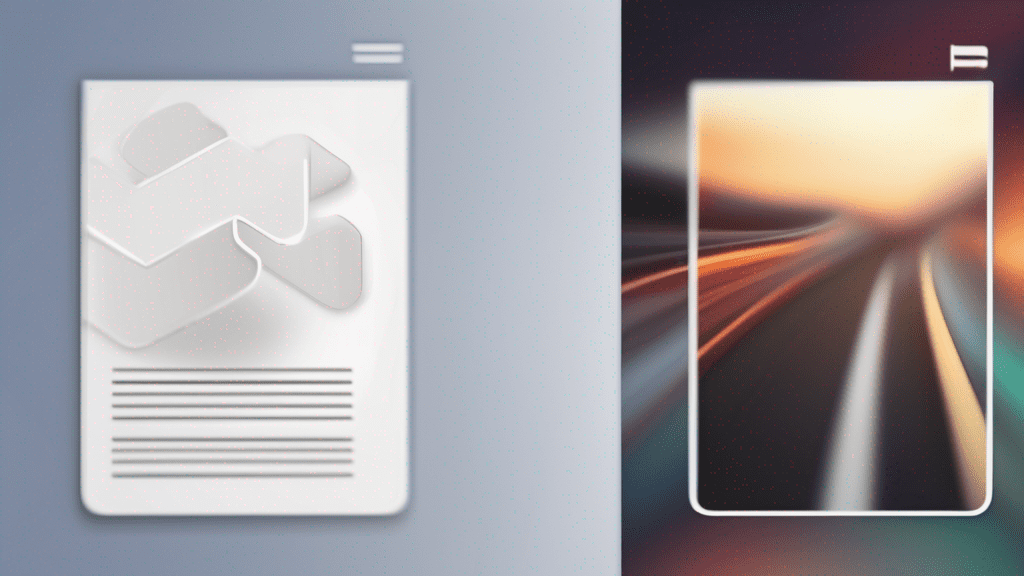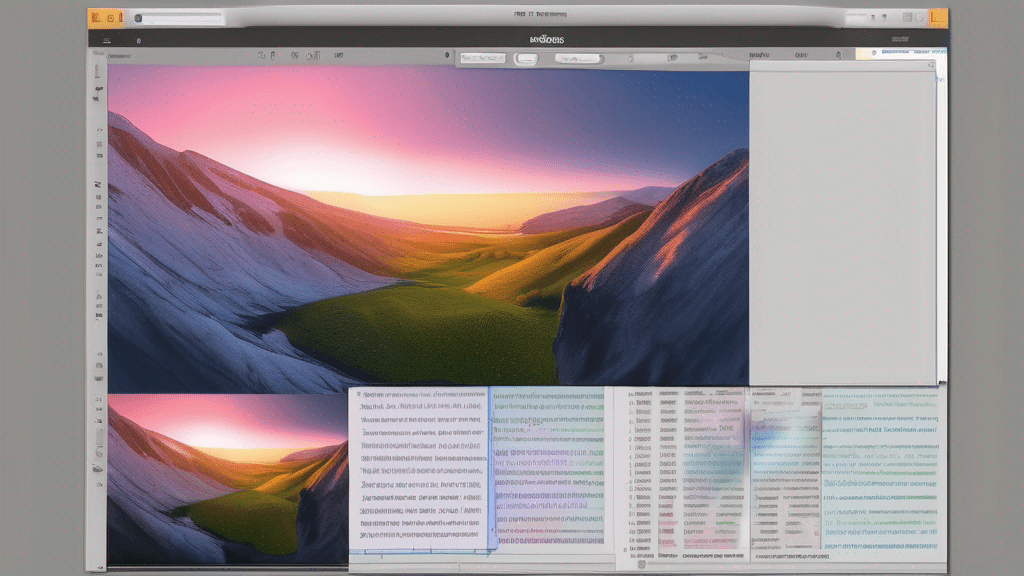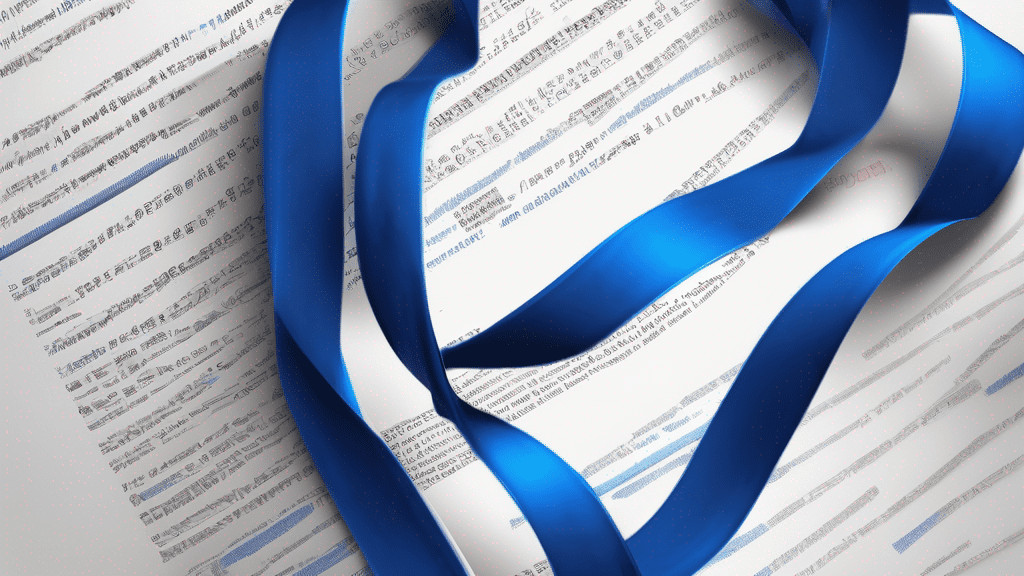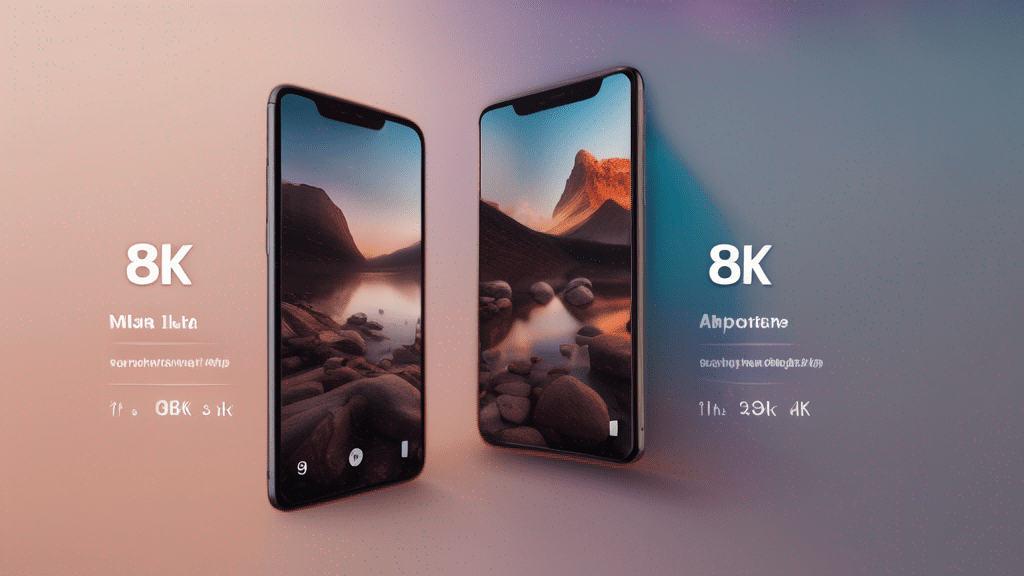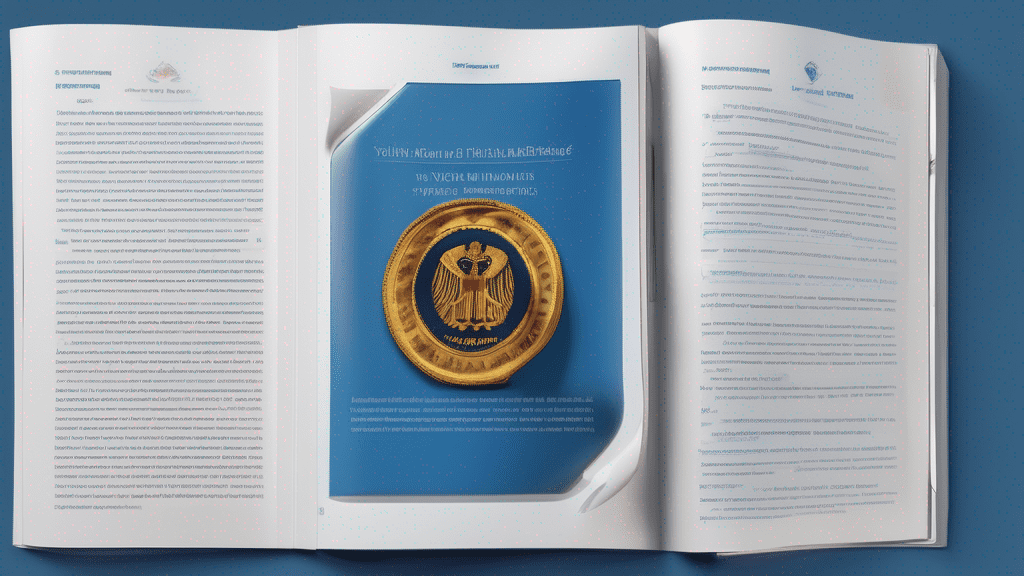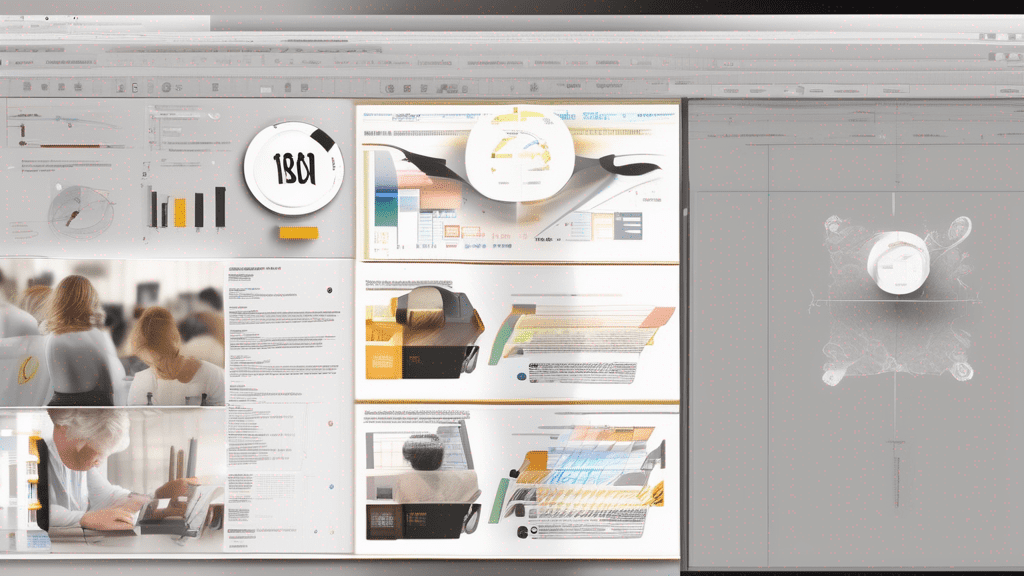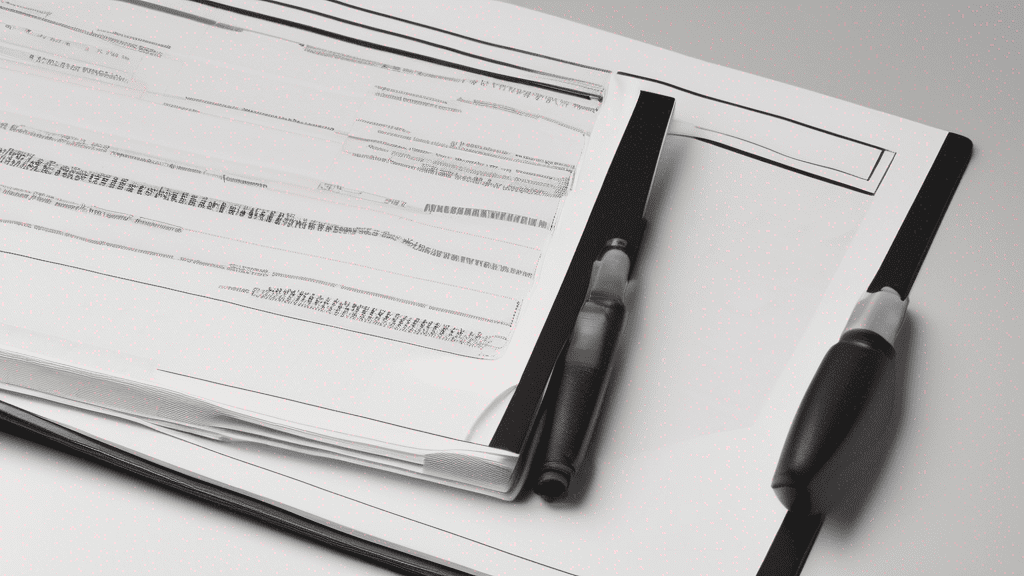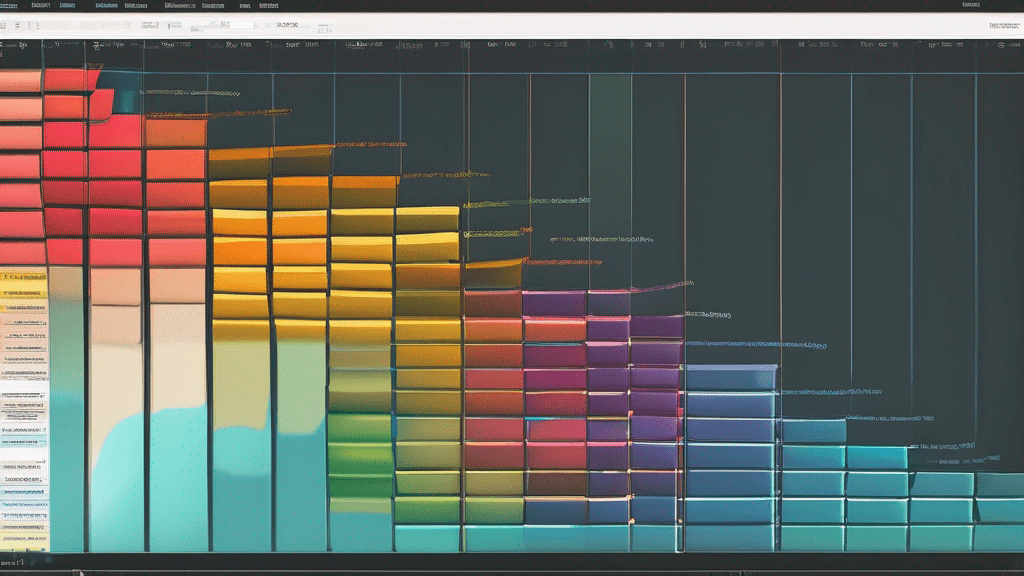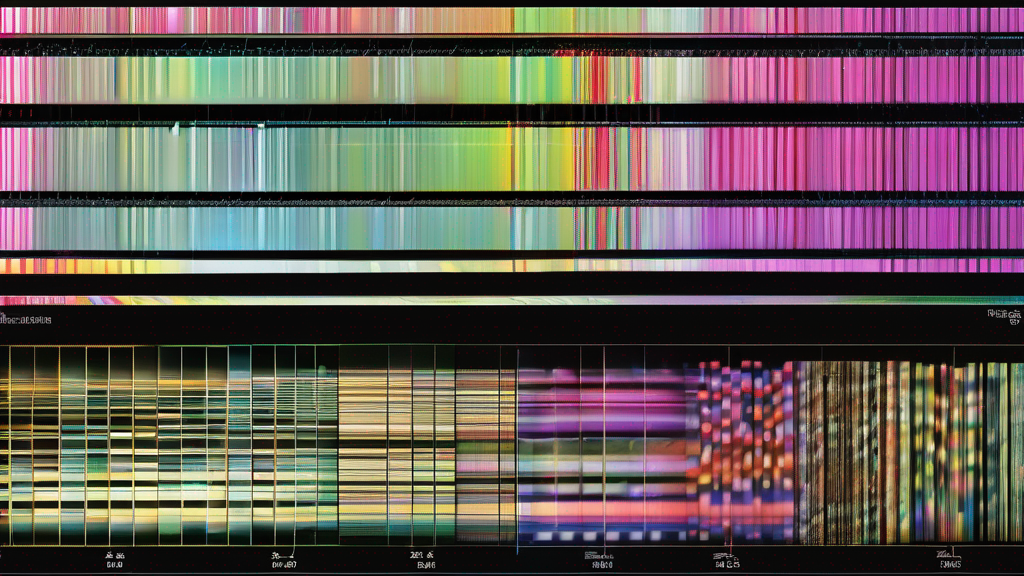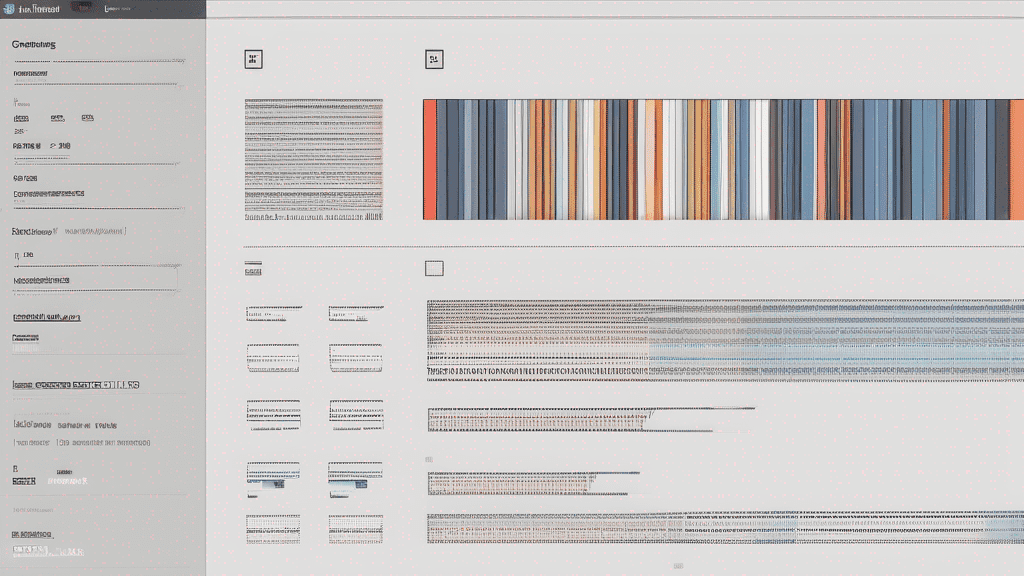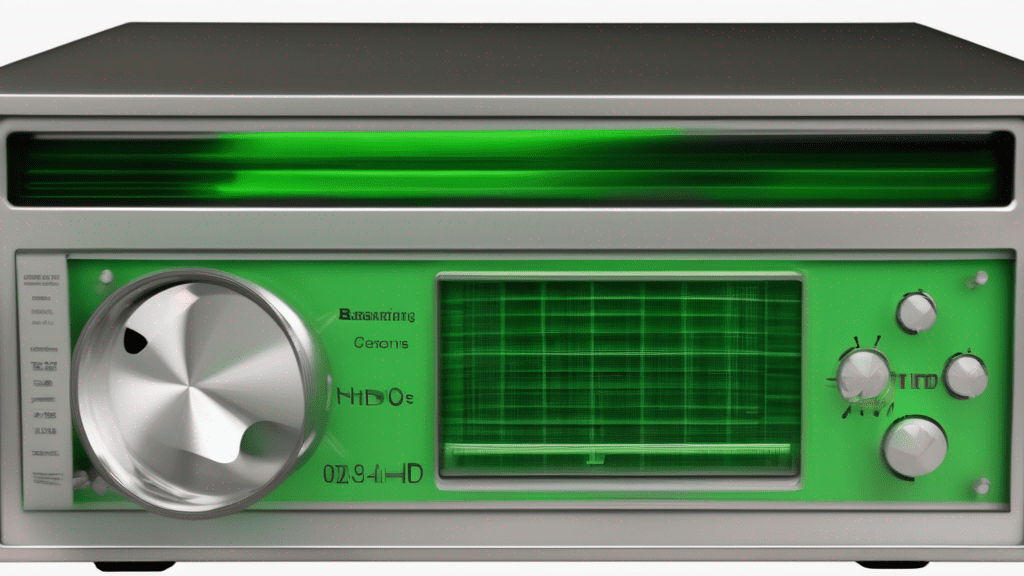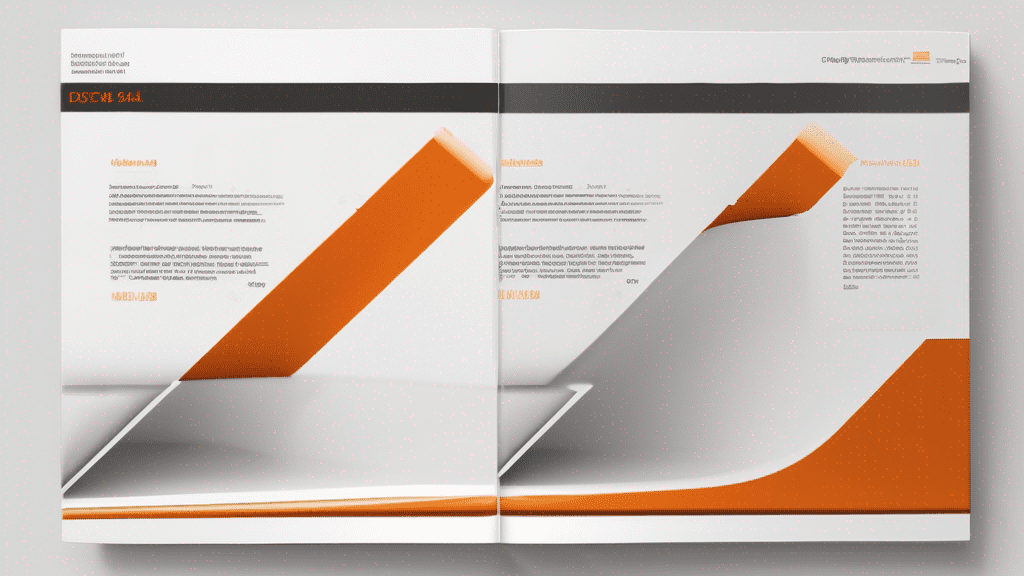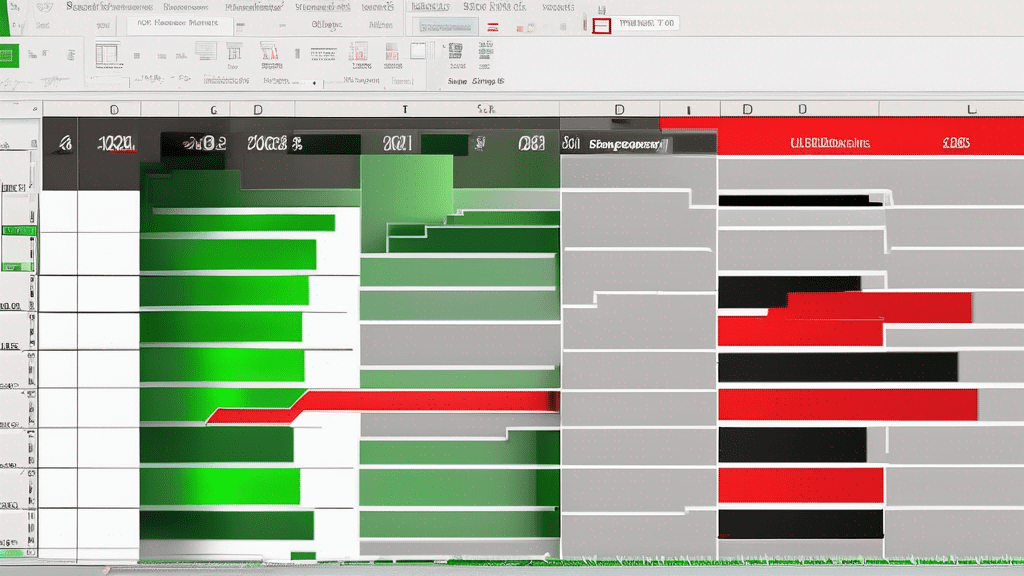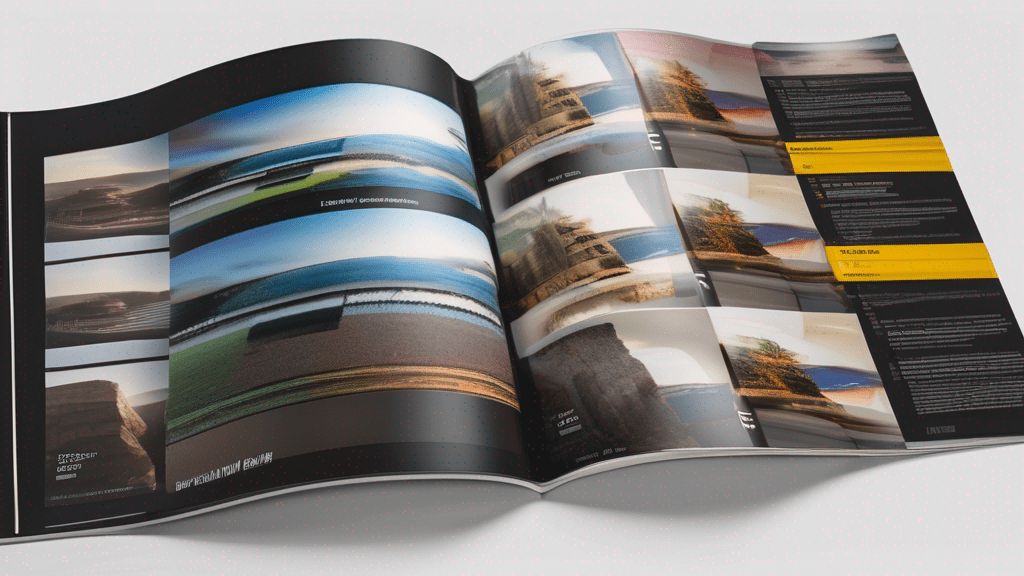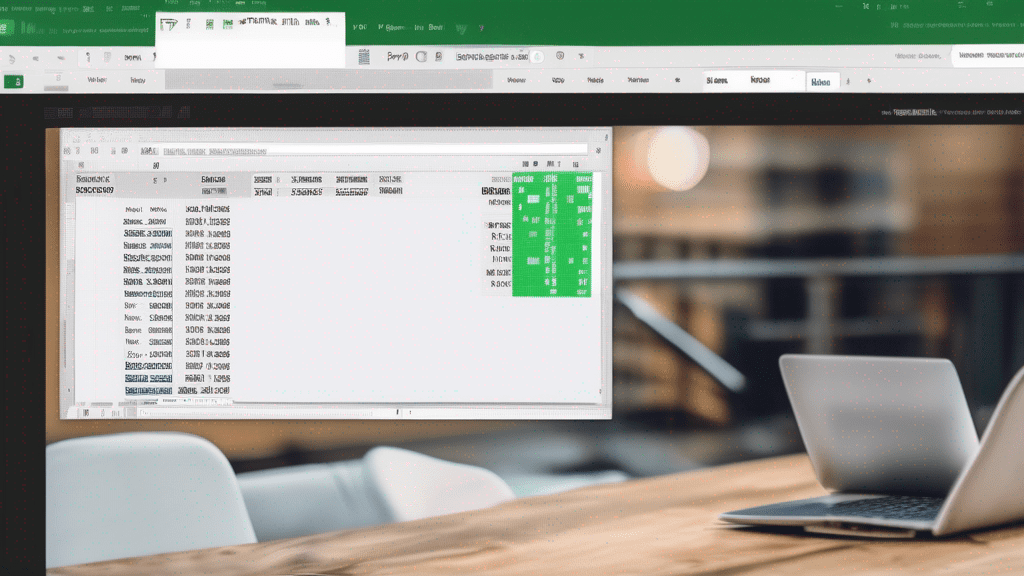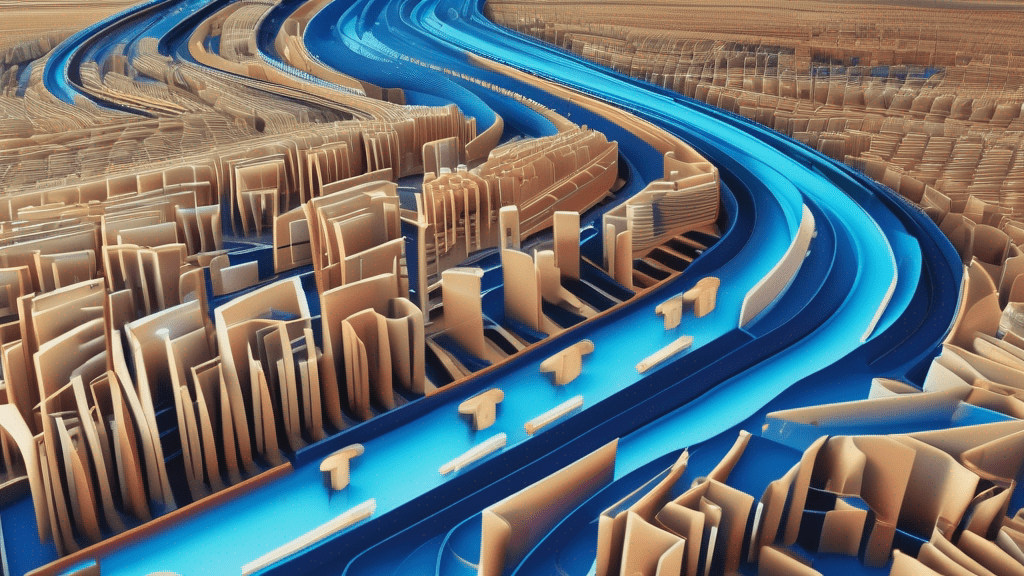In today’s digital age, where images play a crucial role in enhancing the visual appeal of websites and online content, the need for efficient image formats has become paramount. While PDFs have long been the go-to format for sharing documents, they can often be bulky and slow to load, especially when embedded on web pages. Enter the WebP image format, a modern and highly efficient alternative that offers superior compression and faster loading times without compromising image quality.
If you’re looking to convert your PDF pages to the WebP format, you’ve come to the right place. Our PDF to WebP Converter is a powerful and user-friendly tool that streamlines the conversion process, allowing you to transform your PDF files into optimized WebP images in just a few clicks.
Why Convert PDF to WebP?
There are several compelling reasons to consider converting your PDF pages to the WebP format:
- Smaller File Sizes: WebP images are known for their exceptional compression capabilities, resulting in significantly smaller file sizes compared to traditional image formats like JPEG or PNG. This translates to faster loading times and improved website performance, enhancing the overall user experience.
- Lossless and Lossy Compression: WebP supports both lossless and lossy compression, allowing you to strike the perfect balance between image quality and file size. Lossless compression ensures no data is lost during the conversion process, while lossy compression sacrifices some quality for even smaller file sizes.
- Wider Compatibility: While initially developed by Google, WebP has gained widespread adoption and is now supported by all major web browsers and platforms, ensuring seamless integration and compatibility across various devices and operating systems.
How to Convert PDF to WebP
Our PDF to WebP Converter makes the conversion process a breeze. Here’s how it works:
- Upload your PDF file by clicking the “Choose File” button or dragging and dropping it into the designated area.
- Once uploaded, you’ll have the option to select the desired output quality for your WebP images. Choose between lossless or lossy compression based on your preferences.
- Click the “Convert” button, and our powerful algorithm will work its magic, converting each page of your PDF into a high-quality WebP image.
- After the conversion is complete, you can download the resulting WebP images or copy the image URLs for easy integration into your website or online content.
Advanced Features
Our PDF to WebP Converter comes packed with advanced features to ensure a seamless and customized conversion experience:
- Batch conversion: Upload multiple PDF files simultaneously and convert them all to WebP format in a single operation.
- Page selection: Choose to convert specific pages from your PDF file instead of the entire document.
- Customizable output settings: Adjust various parameters like image resolution, color mode, and compression level to fine-tune the output WebP images according to your specific needs.
Comparison Table: WebP vs. Other Image Formats
| Format | File Size | Lossless | Transparency | Animation |
|---|---|---|---|---|
| WebP | Smallest | Yes | Yes | Yes |
| JPEG | Larger | No | No | No |
| PNG | Larger | Yes | Yes | No |
| GIF | Larger | No | Yes | Yes |
As the table illustrates, WebP outperforms other popular image formats in terms of file size and compression capabilities, while also offering support for lossless compression, transparency, and animation.
Conclusion
If you’re looking to optimize your website’s performance and enhance the user experience, converting your PDF pages to the WebP format is a smart choice. Our PDF to WebP Converter makes this process effortless, allowing you to transform your PDFs into high-quality, compact WebP images with just a few clicks.
Don’t let bulky PDF files slow down your website. Try our PDF to WebP Converter today and experience the benefits of faster loading times, improved performance, and visually stunning images on your web pages.



